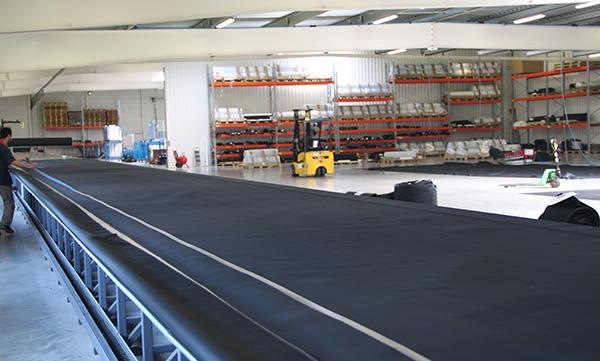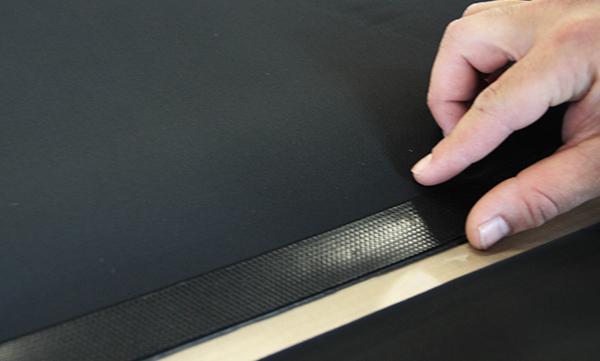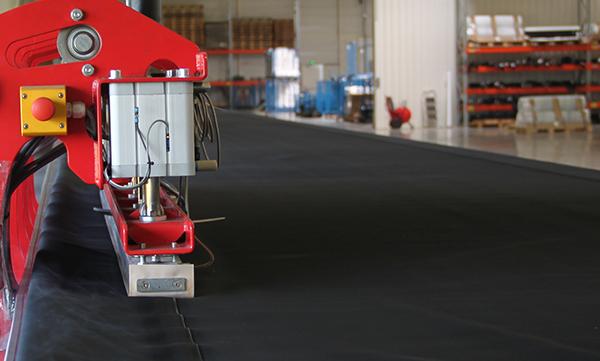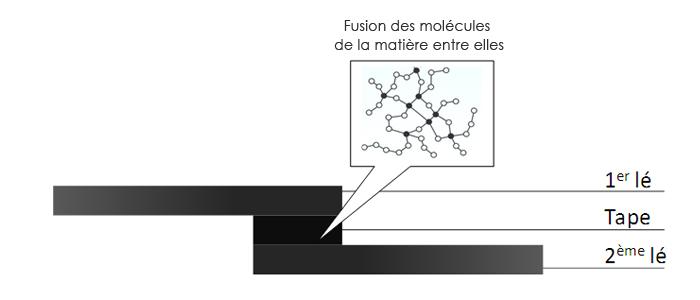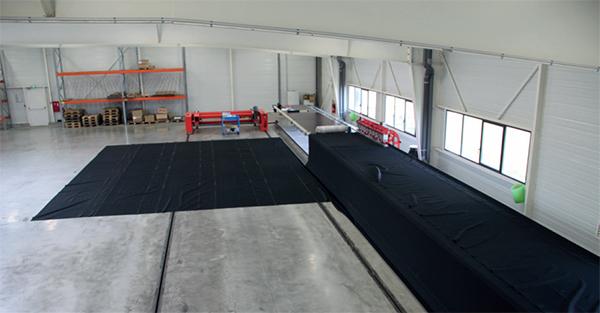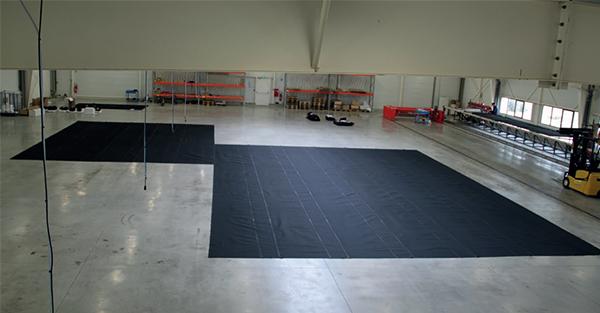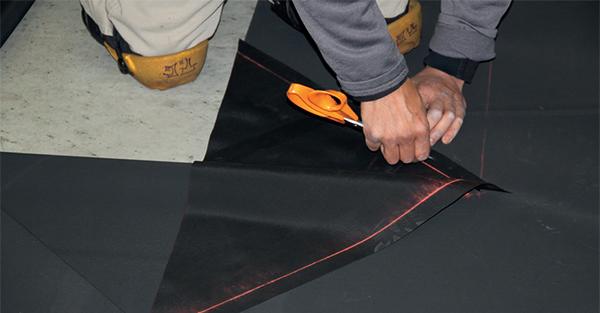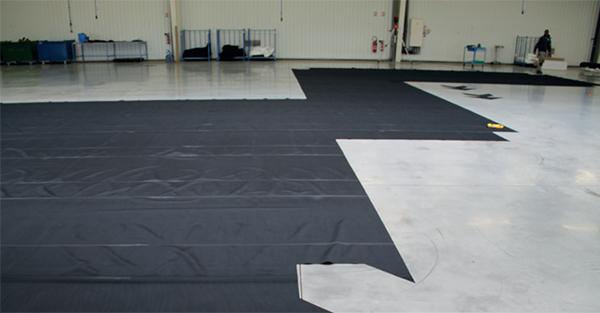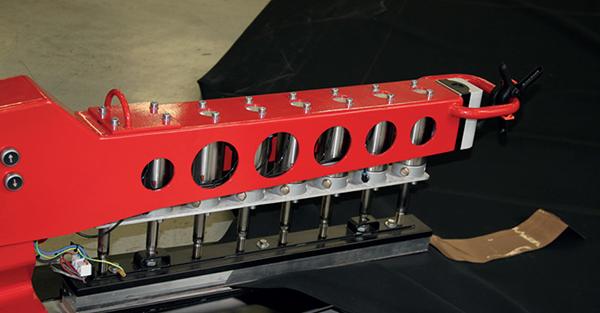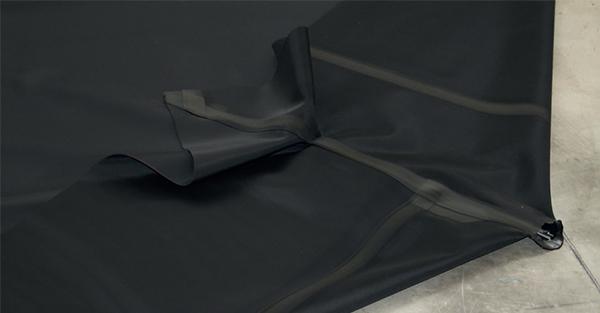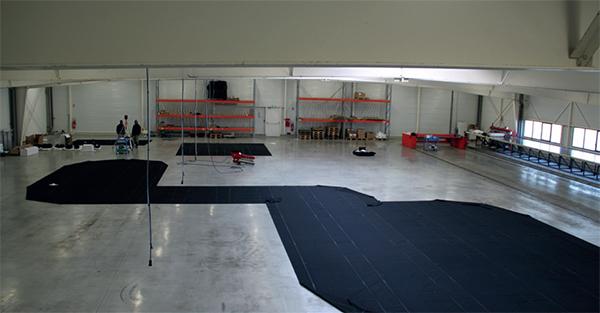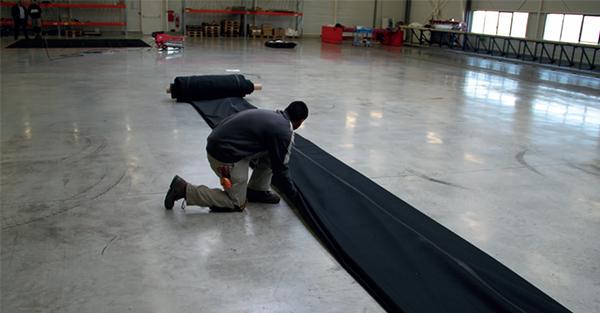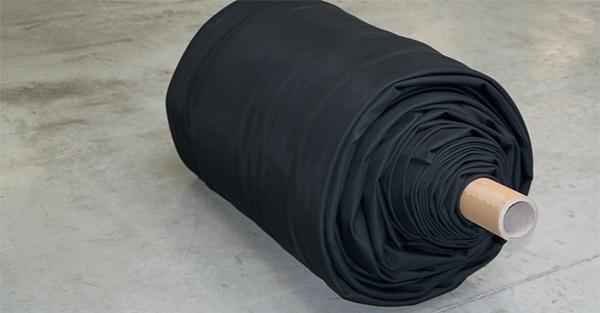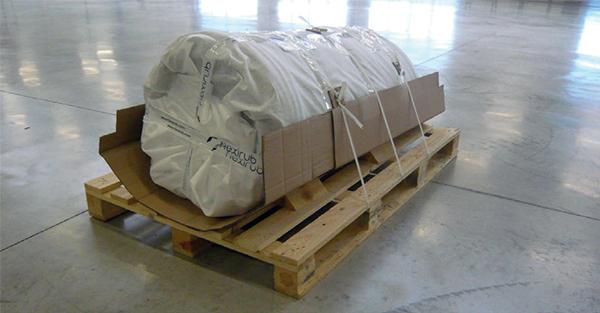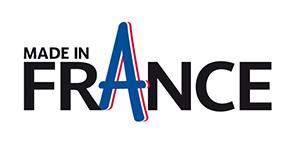Our identity
Flexirub :
An innovative
family SME
Flexirub was founded in 1996 and has become a leader and a specialist in the production of flexible structures with an elastomeric membrane (EPDM) base, for environmental, industrial and civil engineering applications.
Its waterproofing production technique makes prefabrication in the workshop possible for flat roofs, tanks and basins, and underground tanks thus removing the need for any welding operations on the work site.
A first in France.
Prefabrication of flexible structures with an elastomeric membrane base
- Design of made-to-measure waterproofing pieces in 2D or 3D
- Ready-to-use solutions for waterproofing flat roofs, façades, foundations, underground, technical or decorative tanks, ULCS
- French leader for waterproofing kits for autonomous waste water treatment
Manufacture of flexible tanks with an elastomeric membrane base
FLEXIRUB is a leader in Europe, and designs and produces flexible tanks in EPDM for the storage of water with many advantages: durability, resistance to extreme weather conditions, lightness, price, etc.Flexirub today
- A family SME with a spirit of innovation
- A team of 40 very dynamic members of staff
- 20 years’ experience
- 100% French production
- Commercial presence throughout France, the French overseas territories and for export
- A professional distribution network throughout the territory
- Presence in North Africa
